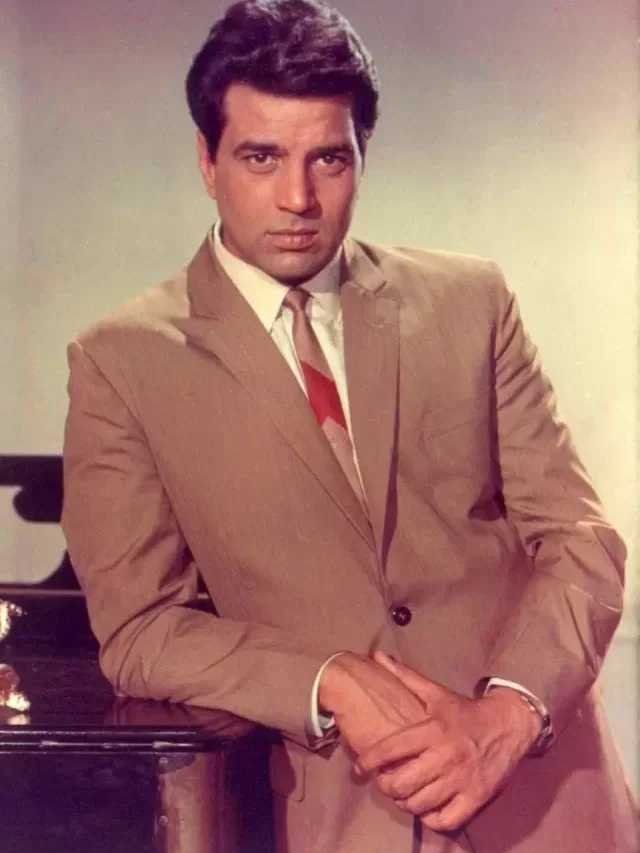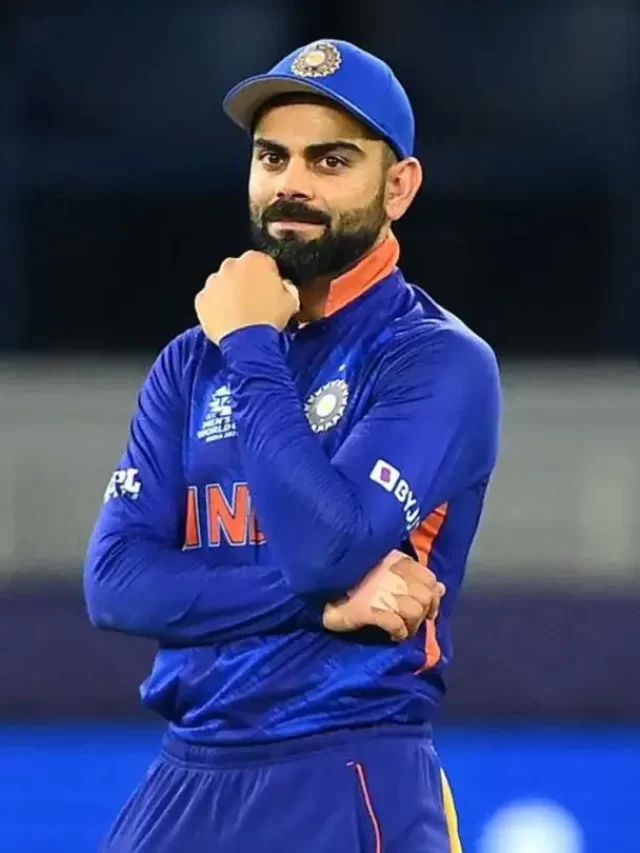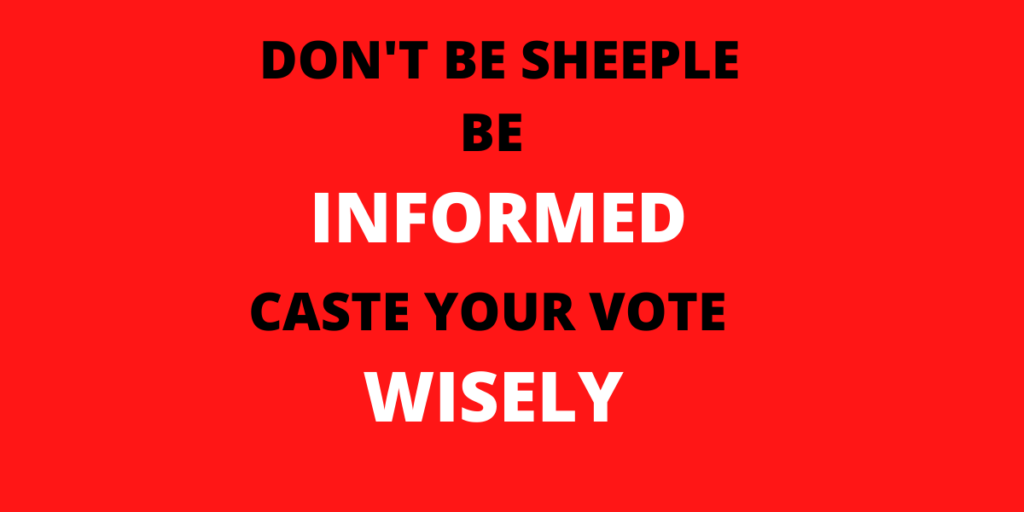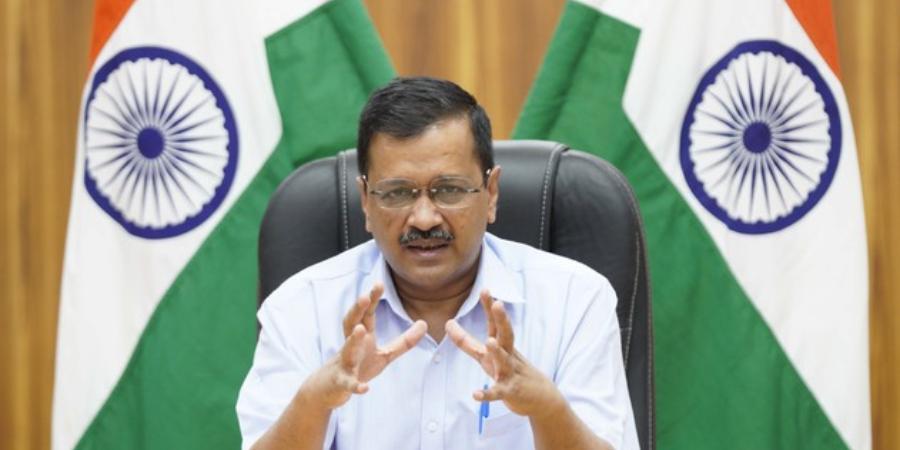Voters are faced with significant decisions during elections. Whether it’s a local election that will impact your society or a national election that could alter the country’s course, now is the time to think about the issues that matter to you and choose which candidate to support. There always seems to be a lot of criteria on things to check in a candidate before you vote and hence you often get confused, but this article will articulately form all the points in a stepwise manner for you. Take a notepad and jot what you feel is important!
Things To Check In A Candidate Before You Vote
1. Decide What Qualities You Want In A Candidate
Candidates can be assessed on two fronts: their policy stances and the leadership characteristics and skills they would contribute to government. Both are critical. The first stage in selecting a candidate is really to determine the topics that are important to you and the attributes that you seek in a leader.
- Consider community or national concerns that you want individuals in government to tackle while thinking about topics. You could be interested in the prospect of a nuclear attack, government assistance for student debt or adolescent unemployment, poverty, or a poor health facility, for example.
- Consider the attributes you desire in a successful leader when considering leadership qualities and this forms the basic point out of the things to check in a candidate before you vote.
2. Get To Know The Candidates
Go to any legit website to find out who is running in the elections. If such websites are not available or feasible in your vicinity, check with other sources like newspapers, etc. Check the education, family background, property, and criminal records of the candidates. See how trusted and loyal they are.
3. Collect Information About The Applicants

Assemble a “library” of data on the contestants. Gather any facts you can about the candidates. Call the campaign’s head office and keep an eye on the media (unbiased). You can get information from a variety of sources, including:
- Campaign literature for example campaign websites
- Impartial online voter information blogs or sites
- Direct mail letters
- Press reports- newspapers, television
- Radio and television advertisements
- Candidate’s speeches and political debates.
Discussions with the candidates might be beneficial in a municipal election. Looking at holders’ voting histories on subjects that you’ve identified as significant might reveal the candidates’ stance on such issues.
4. Examine The Candidates’ Positions On Various Subjects
Keep a note of what you read as you go through the resources you’ve gathered. Do you have a strong perception of the candidates based on the materials? What inferences can you take about the candidates’ positions on certain issues? As new information comes in, keep making a note of the same.
Also Read – Updates On Uttar Pradesh Elections 2022- All You Need To Know
5. Find Out About The Contenders’ Ability To Lead
One of the things to check in a candidate before you vote is the candidate’s abilities. It’s tough to tell if a contender will make a good leader. How can you tell if someone will be fair, open, or able to behave under duress if they are voted to a position of power? As you assess the candidates’ key competencies, here are several techniques to read and understand.
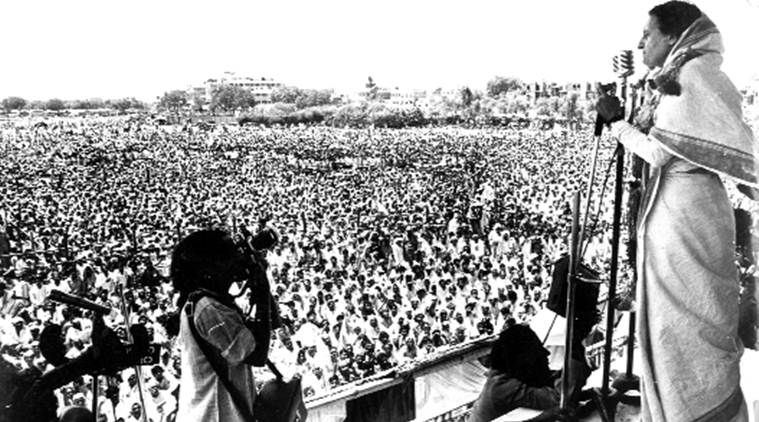
- Examine the candidates’ qualifications and experience.
- Examine the campaigns of the candidates. Do they take speaking engagements in front of various groups, including some that may not be accommodating? Do they agree to debate invitations? Do the candidates’ campaigns place a premium on media appearances where they may be seen but just not heard?
- Examine the materials for the campaign. Add to the record you’re maintaining as you study the information and observe the campaign unfold.
- Check what their “ghoshna patra” says. You can also see if they have done so during their previous government or not.
6. Find Out What Other People Think About The Candidate
You’ll want to discover what other folks assume about the contenders now that you’ve collected data from campaigns as well as other sources. Their perspectives can assist you in clarifying your own, but do not dismiss your well-informed conclusions. You could be the most observant of them all!
Groups frequently conduct polls to gauge popular support for certain candidates. Learn about campaign donations and how they affect a candidate’s performance in government.
7. Try To Make Sense Of It All
Compare and contrast all of the candidates using the data in your Candidate Note. Consider the following concluding questions:
- Which candidate’s position on the concerns do you most agree with?
- Who conducted the most ethical campaign?
- Which candidate showed the best understanding of the issues?
- Which candidate possesses the leadership traits you seek?
- Is there a clear choice? If that’s the case, choose a candidate.
The Bottom Line
Every contender is attempting to persuade voters to vote for them. Their rhetoric is sometimes so well-crafted that it distorts the facts in ways that even the most astute observer finds difficult to notice. So make sure you take into consideration all these things to check in a candidate before you vote and then choose a contender you want to see as your leader!
For more related information, visit Current Affairs – Trending Reader

